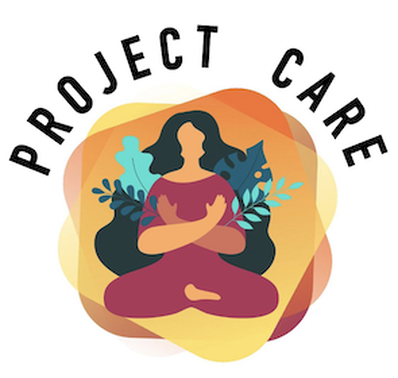Project CARE is designed to help youth reduce self-hate by improving self-compassion.
Frequently Asked Questions
Who is this intervention designed for?
Project CARE is designed for youth (ages 11-17) who want to reduce stress and improve their mental health.
How does this intervention help?
Project CARE helps youth learn to treat themselves kindly while pursuing their goals in order to reduce self-hate.
What have we learned about this intervention so far?
Project CARE has been tested in multiple open studies as a part of Project YES. In studies with over 1,000 youth (ages 11-17) in total, those who completed an SSI had significant improvements in hopelessness, self-hate, perceived control, and agency, regardless of which SSI they completed. Project YES is an acceptable, useful support for English-and Spanish-speaking youth as well as LGBTQ+ and non-LGBTQ+ youth.
Where can I try out this intervention?
Project CARE is openly available to anyone on our broader platform called Project YES, which you can access by clicking here.
How do I cite this intervention?
Dobias, M., Mullarkey, M. C., & Schleider, J. L. (2019). Project CARE.
https://doi.org/10.17605/OSF.IO/YDQXJ.
Where can I access these intervention materials for research purposes?
Visit our Open Science Framework Page here.
Project CARE is designed for youth (ages 11-17) who want to reduce stress and improve their mental health.
How does this intervention help?
Project CARE helps youth learn to treat themselves kindly while pursuing their goals in order to reduce self-hate.
What have we learned about this intervention so far?
Project CARE has been tested in multiple open studies as a part of Project YES. In studies with over 1,000 youth (ages 11-17) in total, those who completed an SSI had significant improvements in hopelessness, self-hate, perceived control, and agency, regardless of which SSI they completed. Project YES is an acceptable, useful support for English-and Spanish-speaking youth as well as LGBTQ+ and non-LGBTQ+ youth.
Where can I try out this intervention?
Project CARE is openly available to anyone on our broader platform called Project YES, which you can access by clicking here.
How do I cite this intervention?
Dobias, M., Mullarkey, M. C., & Schleider, J. L. (2019). Project CARE.
https://doi.org/10.17605/OSF.IO/YDQXJ.
Where can I access these intervention materials for research purposes?
Visit our Open Science Framework Page here.
Publications
Schleider, J.L., Dobias, M.L., Sung, J.Y., Mumper, E., & Mullarkey, M. C. (2020). Acceptability and utility of an open-access, online single-session intervention platform for adolescent mental health. JMIR Mental Health, 7(6), e20513.
Shroff, A., Roulston, C. A., Fassler, J., Dierschke, N. A., San Pedro Todd, J., Rios, Á., Plastino, K., & Schleider, J. L. (2023). A Digital Single-Session Intervention Platform for Youth Mental Health: Cultural Adaptation, Evaluation, and Dissemination. JMIR Mental Health, 10, e43062.
McDanal, R., Rubin, A., Fox, K. R., & Schleider, J. L. (2022). Associations of LGBTQ+ Identities With Acceptability and Efficacy of Online Single-Session Youth Mental Health Interventions. Behavior Therapy, 53(2), 376–391.
Shroff, A., Roulston, C. A., Fassler, J., Dierschke, N. A., San Pedro Todd, J., Rios, Á., Plastino, K., & Schleider, J. L. (2023). A Digital Single-Session Intervention Platform for Youth Mental Health: Cultural Adaptation, Evaluation, and Dissemination. JMIR Mental Health, 10, e43062.
McDanal, R., Rubin, A., Fox, K. R., & Schleider, J. L. (2022). Associations of LGBTQ+ Identities With Acceptability and Efficacy of Online Single-Session Youth Mental Health Interventions. Behavior Therapy, 53(2), 376–391.
